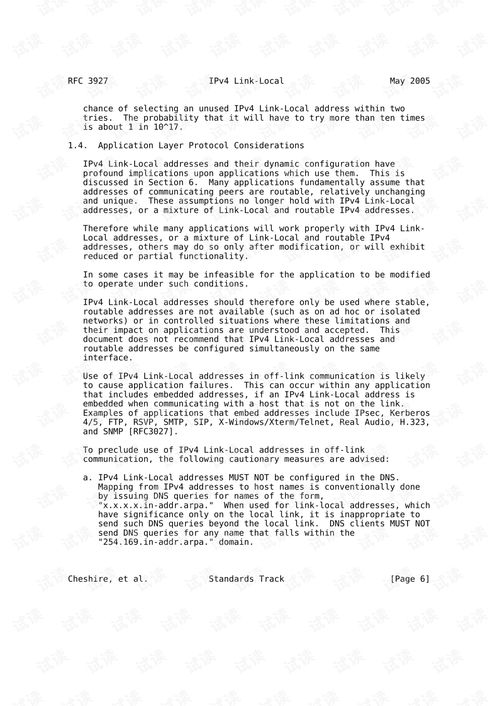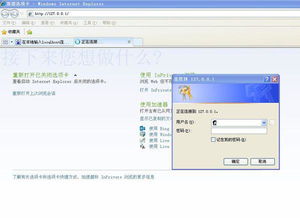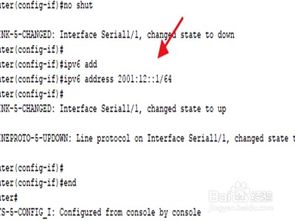Understanding Link Local: A Comprehensive Guide

Link local, a term often encountered in networking and computing contexts, refers to a specific type of network configuration that plays a crucial role in local area networks (LANs). In this article, we will delve into the concept of link local, its significance, and how it operates within various scenarios.
What is Link Local?

Link local, also known as link-local addressing, is a method of assigning IP addresses to devices within a local network without the need for a DHCP (Dynamic Host Configuration Protocol) server. This approach is particularly useful in small networks where a DHCP server may not be available or required.
Link local addresses are typically assigned from the reserved IP address range 169.254.0.0 to 169.254.255.255. These addresses are automatically generated by devices when they cannot obtain an IP address from a DHCP server. This feature is commonly referred to as Automatic Private IP Addressing (APIPA).
How Link Local Works

When a device is configured to use link local addressing, it automatically assigns itself an IP address from the 169.254.x.x range. This address is then used for communication within the local network. Here’s how it works:
-
Device A and Device B are connected to the same local network.
-
Device A cannot obtain an IP address from the DHCP server.
-
Device A automatically assigns itself an IP address from the 169.254.x.x range, such as 169.254.1.1.
-
Device B, which is also unable to obtain an IP address from the DHCP server, assigns itself an IP address from the same range, such as 169.254.1.2.
-
Device A and Device B can now communicate with each other using their link local addresses.
Link Local vs. Other IP Addressing Methods
Link local addressing is distinct from other IP addressing methods, such as public IP addresses and private IP addresses. Here’s a comparison of the three:
| IP Addressing Method | Description |
|---|---|
| Public IP Address | An IP address assigned to a device by an Internet Service Provider (ISP) that is unique across the entire Internet. |
| Private IP Address | An IP address assigned to a device within a local network that is not accessible from the Internet. Private IP addresses are used for internal network communication. |
| Link Local Address | An IP address automatically assigned to a device within a local network when a DHCP server is not available. Link local addresses are used for internal network communication and are not accessible from the Internet. |
Use Cases for Link Local
Link local addressing is commonly used in various scenarios, including:
-
Small home networks: In homes with a limited number of devices, link local addressing can be used to facilitate communication without the need for a DHCP server.
-
Workgroups: In small workgroups or departments within an organization, link local addressing can be used to enable communication between devices without the need for a centralized DHCP server.
-
Testing and development environments: Link local addressing is often used in testing and development environments to simulate network configurations without the need for a DHCP server.
Limitations of Link Local
While link local addressing is a convenient solution for small networks, it has some limitations:
-
Scalability: Link local addressing is not suitable for large networks with a significant number of devices, as it can lead to IP address conflicts and make network management challenging.
-
Internet connectivity: Devices using link local addresses cannot access the Internet, as these addresses are not routable across the Internet.
Conclusion
Link local addressing is a valuable feature that enables communication within local networks without the need for a DHCP server. Understanding its operation and use cases can help you effectively manage and troubleshoot network configurations in various scenarios

















